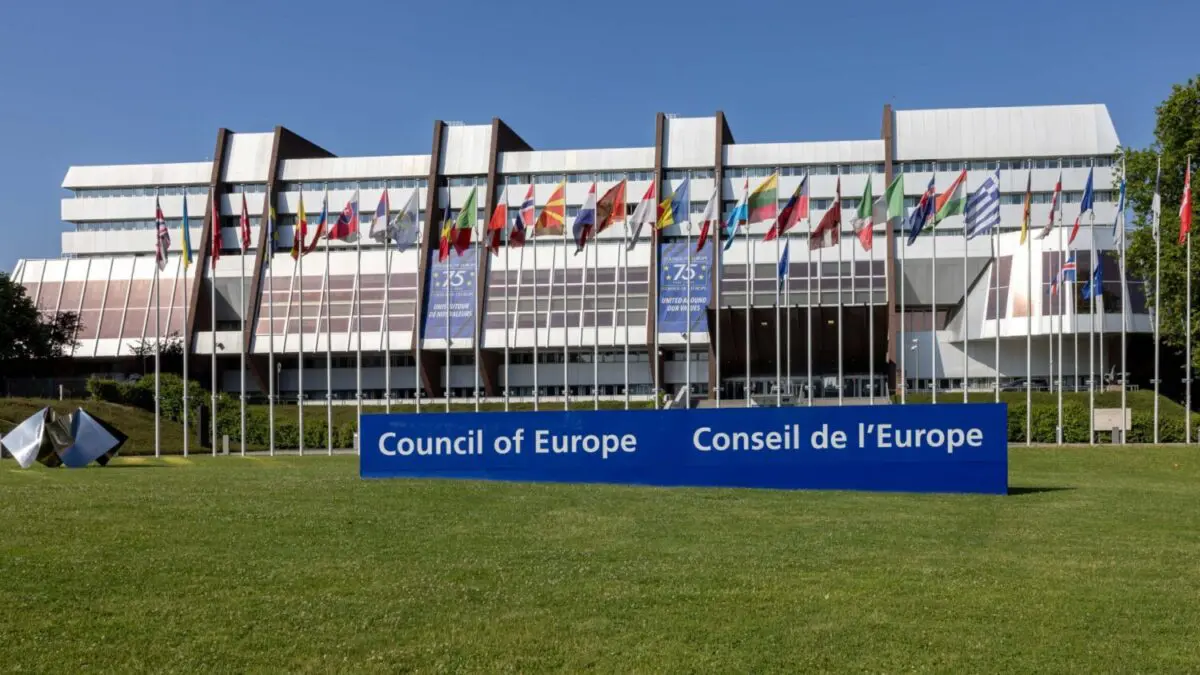The Council of Europe is the oldest organization in the international architecture dealing with democracy, principles of states and taking care of human rights. Following more than two years of some times intense debate the Assembly this week approved amendments that will make its rules of procedures able to carry forward its work in proper order.
Learning from experience
A leading member of the Assembly, Ms Ingjerd Schou, the head of the Norwegian Delegation to the Parliamentary Assembly of the Council of Europe (PACE) had been given the challenging task of updating the rules to be applied in the Assembly.
Ms Ingjerd Schou told the European Times that “we have to go into the rules and be more precise, but also more flexible.”
Its important to reflect and learn from experience of how situations were being dealt with which sometimes can not be predicted such as the Covid-19 pandemic. But also changes in the international scenario, for example Russia starting a full scale war on Ukraine which lead to Russia being expelled from the Council of Europe. With this the PACE had fewer members, however as an example the rules maintained the number of how many members were needed to create a political group.
Ms Ingjerd Schou thus pointed out that from time to time you have to also look into the rules of how this organization will function.
She stressed that “it’s important to have clear rules because then we can deal with critical political issues. With the fundamentals and also with the structure that make all the parliamentarians and also the secretariats aware of how to behave.”
The new amendments to the rules which were now adopted by the plenary Assembly streamlines the existing rules. They in part are focusing on practical aspects of the member work in the assembly like how to deal with voting of amendments being raised to proposed recommendations and “How many minutes can I speak?” And whether one can divide ones time in to several parts, to comment on other speakers.
Meetings in person as principle

In the course of the work to review the operating rules of the Assembly “there were also a kind of learning and also reflections after the pandemic that we need to meet in person because there is something between people meeting and exchanging views,” Ms Ingjerd Schou noted.
“We had a two days meeting in Oslo. Bringing the parliamentarians out of the hemicycle [Parliamentary Assembly hall] of Strasbourg to another capital. The debate was more low, it was more reflecting,” she added. “We also had a possibility to not only argue on the political issues, but also to understand why people and why countries take the position they take.”
The Council of Europe is a unique forum for exchange of views. It is based on three pillars, the rule of law, democracy and human rights.
Ms Ingjerd Schou thus considered that “If you want to be a member of the Council of Europe, you have to be present in plenary physically. And use this possibility to argue and find political solutions.”
The Council’s strong position is obtained through its conventions and the European Court of human rights. When a country join it will ratify conventions and its values.
“Our tools here is to confront, to debate, to argue, to give support and to challenge. You have to be patient when you are here. Because it takes time and we do not use the very hard tools such as excluding a country,” Ms Ingjerd Schou concluded.
For now the PACE has updated its rules, not for the first and probably not for the last time.
Not the first amendments
The Assembly has a long and proud tradition in its 75 years long history, but also some dark periods requiring its procedures to be reviewed. Notably in 2017 and 2018 when the PACE was looking in to claims that some of its members did favours for Azerbaijan in what has been called “caviar diplomacy”. As part of this there were calls for banning a former president of the Council of Europe’s parliamentary assembly, Mr Pedro Agramunt, from holding any senior post in the Council of Europe for 10 years. This occurred after he had been mentioned in relationship with a corruption inquiry into vote-rigging in favour of Azerbaijan.
The year before a money laundering scandal had shaken the council, when a leading member of the Assembly Mr Luca Volontè had been charged by Italian prosecutors for receiving €2.39 million by Azerbaijani officials in exchange for “his support of political positions of the state” at the Council of Europe. Mr Luca Volontè was later acquitted of the accusation of money laundering.







